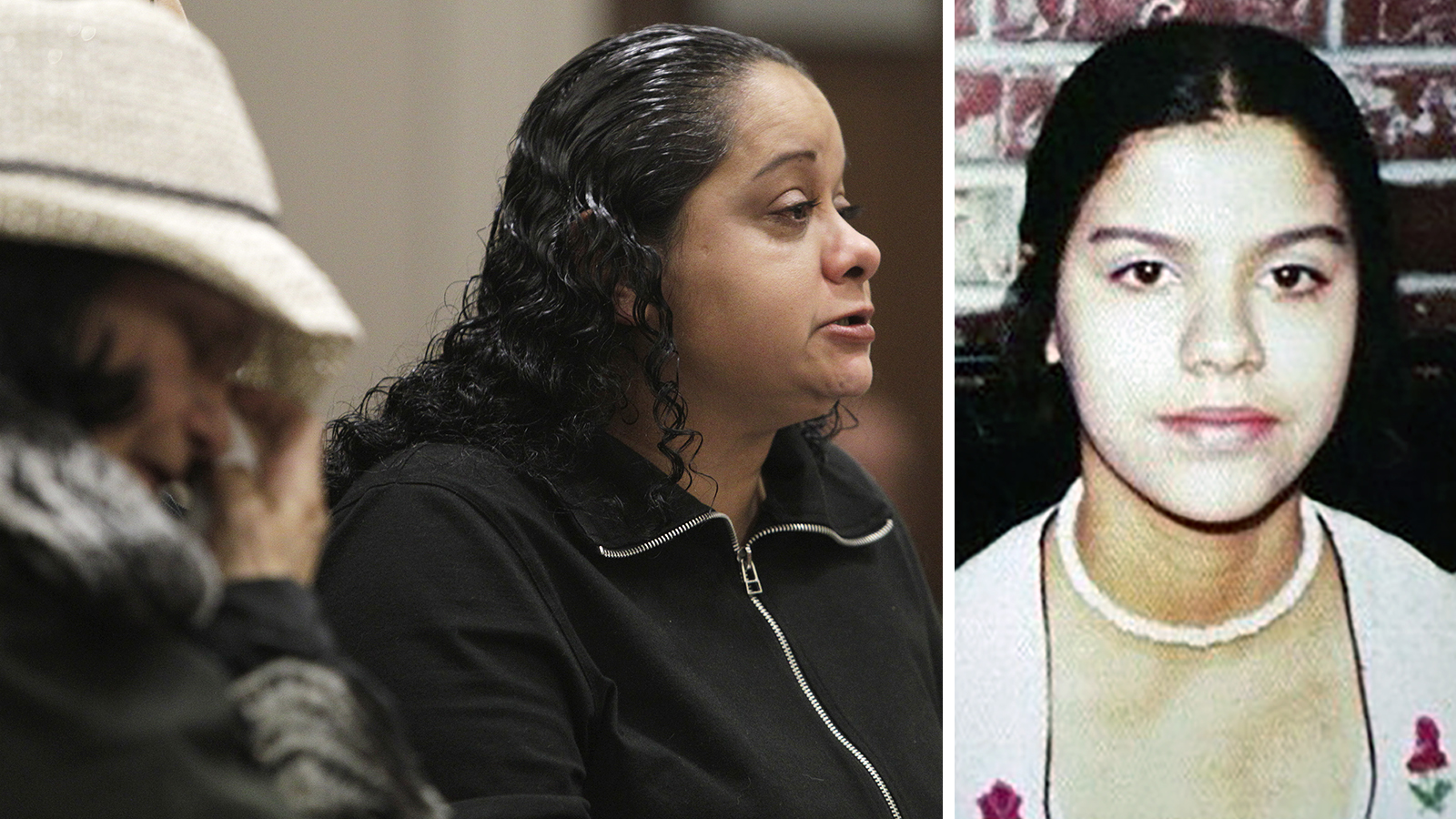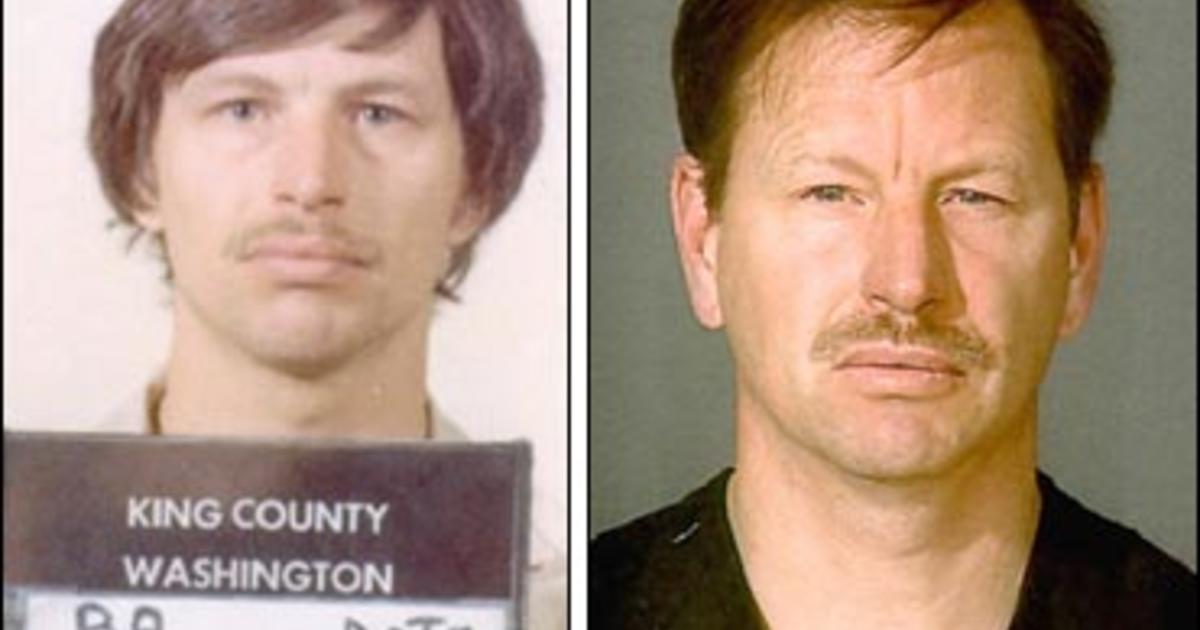

G raham's opponent, Dave Wilson struck a nuanced position: He was opposed to the death penalty in general and was concerned about the issues with racial disparity, but did support it in rare circumstances. "He didn’t want to give those remains up. "They don’t understand that were it not for fear of the death penalty, Gary Ridgway would have zero incentive to give up any information," Graham says. It's what helped convinced Ridgway to confess to murdering 49 people (though he's credited with killing far more). But that's exactly Graham's point: The threat of the death penalty was what convinced Ridgway to strike a plea in agreement to help police locate remains of some of his victims. Ridgway's life wasn't spared because of the Supreme Court decision. She still hasn't ever been able to look at them. Graham says she has the pictures of her sister's remains from when her body was found, with the garrote wire still tied around her neck. That doesn't mean the pain is gone, of course. "I was literally told, 'Nothing good can come out of this meeting,'" Graham says. There are things he's shared about his other killings that haven't been made public.īut she says that, ultimately, she left their meeting feeling "at peace." There's a lot that Graham doesn't want to talk about in her conversation with Ridgway. During our conversation - a four-hour conversation, he did not stutter one time." "If you listened to any of the tapes, he stutters in those. "You want to know what else strikes me?" Graham says. She says Ridgway said that maybe if he had someone to talk to growing up - someone who would have intervened with him as a kid, he could have gotten help. Graham said that Ridgway wished he would have been able to have more of a relationship with his grandfather growing up, one of the people he admired. She says that Ridgway talked about the disconnect he felt growing up. "The question I’m asking as a mom and as someone who has worked very hard to protect their neighborhood was "what can we do to get some help?" We talked about 'how did you get there?'" Graham says. They talked about what led Ridgway to become a killer. The conversation ended up lasting four hours. I had to figure out a way to connect to him, in which he would talk to me." "I was really afraid if I said something wrong that they would shut it down. I had to be prepared for anything," Graham says. "Nobody told me how long I was going to have, and what the rules were. She didn't know if she'd only have a few minutes in her conversation with Ridgway. "A lot of the questions I asked, may have been questions they would have asked." Gary Ridgway in a 2001 mugshot "All 49 victims were there with me," Graham says.
Green river killer victims serial#
She says she said a prayer for Ridgway's victims - and for Ridgway - before walking into the prison unit for her conversation with the serial killer. Most importantly, she wanted to know what could be done to save a person from that kind of darkness. That's who I am."īut Graham says she'd been worried about one of her own close family members going in a dark direction because of the abuse they'd all experienced.Īnd so for Graham, seeking out her sister's killer was a way to understand what had happened in Ridgway's mind and his life that set him on his path.

"I was in the position where I was protecting the siblings," Graham says. But she'd gone in a different direction as Ridgway. She worked for years to deal with that feeling. Ridgway, like her, she says, had been a victim of horrible child abuse. Graham had sometimes experienced a feeling of deadness, of being shut off from emotion. I understood exactly what he was saying," Graham says. Graham says she realized that the woods she used to walk through to get to Thomas Jefferson High School in Auburn, Washington, were the same woods near where Ridgway had been dumping his bodies. She says she knew two other names on Ridgway's list of victims personally: Becky Marrero and Kelly Lee McGinnis.Īs Graham listened to the tapes of Ridgway being interrogated, she heard him describe the utter lack of emotion he claimed to have felt as he strangled his victims, she says it hit her like a ton of bricks. "My sister was missing for six years before she was found."

"Every time you hear somebody who sounds like them, you drop what you’re doing," Graham says. You see someone who looks like them in your peripheral vision and you turn your head in their direction. You leap at the sound of the phone call with a twinge of hope that your missing loved one might be on the line. There's a hell, Graham says, that comes with not knowing what happened. The last time she saw her sister, Graham says, they had gotten into a fight over Estes taking some of Graham's stuff.


 0 kommentar(er)
0 kommentar(er)
